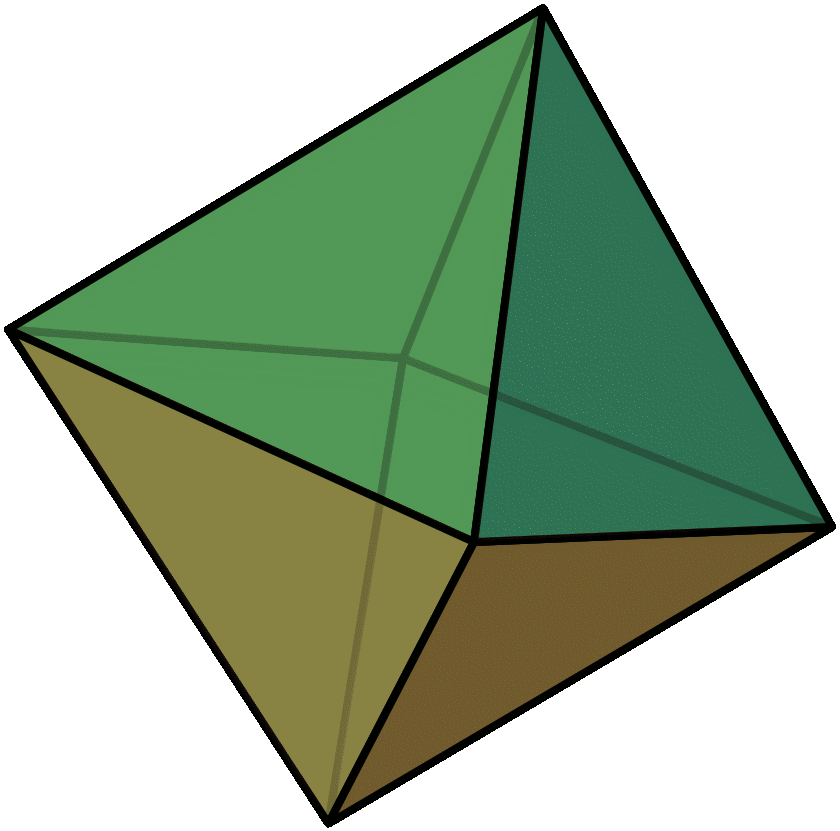Recent Rich Internship Project
This is a list of recent Rich Internship Projects.
Summer 2024
- Tabitha Ramirez, Investigation of Self Similar Groups, mentored by Benjamin Steinberg.
- Sebastian Ortiz, Averages of Secular Coefficients of Random Unitary Matrices, mentored by Emma Bailey, CUNY Graduate Center.
- Nicholas Videen, A Computer-Assisted Analysis of Algorithms in Approximation Theory, mentored by Joseph Bak.
- Kadar He, Wandering Domains, mentored by Sergiy Merenkov.
- Elliot Kimbrough-Perry, Existence of Phase Transitions for One-sided symbolic Systems, mentored by Tamara Kucherenko.
- Lenise Kwain and Lycencia Ilderice, Minus-Plus Algebras: Determining their potential as platforms for cryptographic primitives, mentored by Vladimir Shpilrain.
- Michelle Madera and Aidan Jimenez, Conceptual Modeling for Permafrost in Fairbanks, Alaska, mentored by Maria Sanchez-Muniz.
- Danielle Seranno, Developing a Module for a College Math Algebra Textbook, mentored by Maria Sanchez-Muniz.
- Luis Lopez, Free Groups, Topology and Biology, mentored by Alina Vdovina.
Summer 2023
- Max Sehaumpai, Identification of individual actions potentials from individual neurons, mentored by Asohan Amarasingham.
- Elliot Kimbrough-Perry, Multiple Phase Transitions on One-Sided Symbolic Systems, mentored by Tamara Kucherenko.
- Jeremy Weissmann, Continued his work on his previous summer (2022) internship, mentored by Benjamin Steinberg.
- Sevan Bharathan, Finding an alternate proof for Quillen's Theorem, mentored by Benjamin Steinberg.
- Terry Guan, Investigating Field Computability Theory, mentored by Chris Conidis, Staten Island.
- Nicholas Videen, Scientific Computing and Analysis of Climate Data, mentored by Weilin Li.
- Adrian Cabreja , Investigating generalizations of the Groups, mentored by Alina Vdovina.
- William Taylor, Applications to Group theory to other aspects of Cryptography, mentored by Vladimir Shpilrain.
- Jiale Chen, Application of combinatorial algebra to constructing digital signature schemes with postquantum security, mentored by Vladimir Shpilrain.
Summer 2022.
- Abdullah Khan, Modulus of Continuity of the Roof Function for Suspension Flows over the Full Shift, mentored by Tamara Kucherenko.
- Daniel Pfeffer, Investigating the Properties of Periodic Orbits, mentored by Tamara Kucherenko.
- Zhi Heng Liu, Discrete Groups, Expanding Graphs and Invariant Measures, mentored by Brooke Feigon.
- Benjamin Tupper, Examining periodic polygonal surfaces, mentored by Pat Hooper.
- Seth Foster, Construction of highly symmetric surfaces from polygons, mentored by Pat Hooper.
- Adrian Cabreja, Investigation of the Geometric Statistic called the 'sprawl' of a Group with respect to a generating set, mentored by Sean Cleary.
- Yussef Ibarra, mentored by Asohan Amarasingham.
- Jeremy Weissmann, Defining Burnside Rings for Monoids, mentored by Benjamin Steinberg.
- Gabriela Brown, Generalizing some of Steinberg's work on the Dedekind-Frobenius Determinant of a semigroup, mentored by Benjamin Steinberg.
- Hong Zhaung and Sharmin Begum, Network Interface Based on Partially Observed Data, mentored by Shirshendu Chatterjee.
- William Taylor and Jiale Chen, The Intersection of Group theory, Cryptography and Computation, mentored by Vladimir Shpilrain.
- Micheal Gaziani, Tabitha Ramirez, and Alexander Cernei, Using Distance Functions for Dimension Reduction of Large Data Sets, mentored by Professor Sormani, Lehman.
